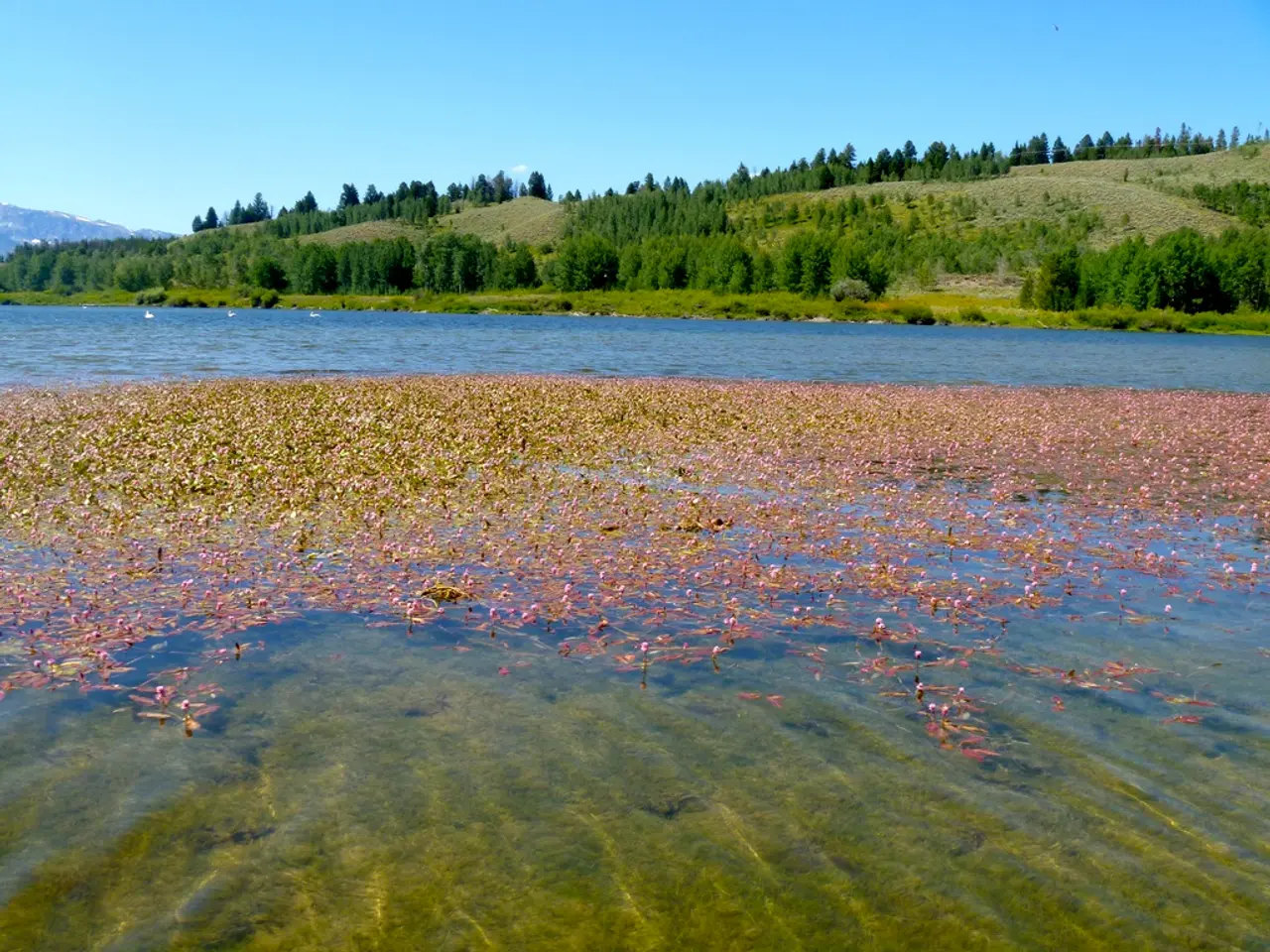Top 5 Reasons Embracing Wetlands Wins Hearts
Wetlands, often referred to as nature's kidneys, play a crucial role in maintaining the health of our environment. They act as powerful filters, trapping harmful nutrients and hazardous chemicals, and absorbing 8.1 million tons of carbon dioxide each year from the atmosphere.
Exposure to natural environments like wetlands is associated with better health and well-being. The tranquil landscapes of these habitats offer a respite for both flora and fauna, and for us, human beings.
However, the preservation and restoration of wetlands face significant challenges, particularly on the West Coast of the United States and in Louisiana.
On the West Coast, areas such as California’s Ballona Wetlands, sea level rise driven by climate change is a significant factor worsening wetland stability and complicating restoration efforts. Restoration plans have been delayed or complicated by debates over reintroducing tidal flows, highlighting the intricate ecological balance. Human infrastructure and flood risk management concerns also impact wetland conditions and restoration feasibility.
In contrast, the loss of wetlands in Louisiana, such as the Maurepas Swamp near New Orleans, is primarily due to levees and river channeling that have prevented the natural flow of sediment from the Mississippi River into wetlands. This sediment deprivation causes wetlands to sink and erode, a process ongoing for over a century. Intensive land subsidence, combined with sea level rise and storm impacts, accelerates wetland loss. Restoration efforts in Louisiana focus on reintroducing sediment flows, pumping sediment into sinking marshes, and rebuilding barrier islands to combat erosion and storm surge effects.
Despite these challenges, the importance of wetlands cannot be overstated. They save coastal communities an estimated $23 billion annually by protecting them from storm damage. One acre of wetlands can store as much as 1.5 million gallons of floodwater, and coastal wetlands absorb floods and wave energy from storms, improving property protection by up to 20%.
Moreover, clean water protected by wetlands is beneficial for tourism and property values in waterfront communities. Wetland habitats are beautiful landscapes, teeming with diverse flora and fauna, adding to the aesthetic appeal of coastal areas.
In conclusion, the loss of wetlands on the West Coast is mainly due to climate-induced sea level rise and disrupted tidal regimes, while in Louisiana, it primarily stems from sediment cutoff due to levees and river management, worsened by subsidence and rising seas. Both areas face compounded challenges from climate change but have different direct causes related to human modifications of the landscape. The preservation and restoration of wetlands are essential for the health of our environment, our communities, and our economy.
[1] [Source for West Coast information] [2] [Source for Louisiana information 1] [3] [Source for Louisiana information 2]
- In environmental science, the preservation of West Coast wetlands, like the Ballona Wetlands in California, is influenced by the impact of climate-change-induced sea level rise, debates over reintroducing tidal flows, and human infrastructure concerns.
- On the contrary, sports betting, such as sports-betting platforms, although providing potential economic benefits, does not play a direct role in environmental science, particularly with regards to wetland preservation and climate change, unlike wetlands in Louisiana, which face challenges primarily due to sediment cutoff caused by levees and river management, worsened by subsidence and rising seas.








